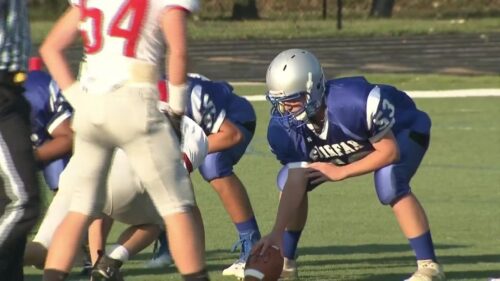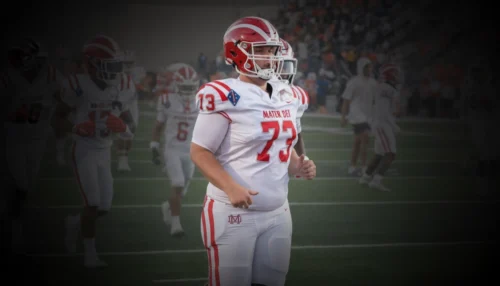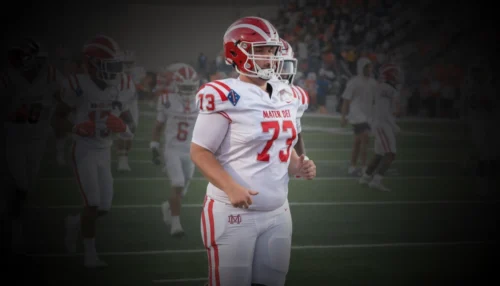5 Ways To Limit Your Injuries In Sports

Participating in sports is an excellent way to stay healthy and active, but it does come with certain risks. Injury is one of the biggest concerns for athletes of all ages. Fortunately, there are a few simple steps you can take to help limit the risk of injury while playing sports. From proper warmups to wearing the right gear, here are five ways to limit your injuries in sports and stay safe while having fun.
Proper Warmup
When you stretch out your muscles before exercising, you get a few benefits. You make it less likely to sustain an injury, you lessen the chance of getting a muscle spasm, and you make it easier to reach your fitness goals. When you do not stretch out your muscles before exercising, you put yourself at risk for a number of problems, including strains, sprains, and cramps. A proper warm up has other benefits, as well. It helps to get your brain focused for the game or practice session, and prepares your muscles for the activity that’s about to come.
Appropriate Equipment
If you’re playing a sport that uses equipment, make sure to keep it in good shape. And when you’re not using it, put it away properly so it doesn’t get damaged. This will help prevent injuries to the person using the equipment, as well as the people around them if the gear is in disrepair. Some examples of appropriate gear include: – Baseball or softball cleats – Basketball shoes – Football or rugby helmet – Ice hockey helmet – Lacrosse helmet – Skating or roller derby helmets – Squash or tennis racquet – Muay Thai gloves – Muay Thai shin guards – Muay Thai headgear – Wrestling or judo uniform
Hydrate and Fuel
Professional athletes might have their own nutritionist, but you don’t have to go to that extreme. Simply make sure to hydrate and fuel for your sport to help optimize your performance and reduce your risk of injury. Drinking water before, during, and after your workout — as well as making sure to rehydrate after practice or a game — can help you avoid cramps, muscle spasms, and other problems that might lead to injury. Eating the right types of foods before, during, and after your workout can also help. For example, carbohydrates are digested quickly, making them a good way to rehydrate and fuel during a game or practice session. And while protein is not a quick source of energy, it can help repair muscles after a workout.
Listen to Your Body
If you’re playing a sport, know how your body responds to certain activities and how long to do them. If you feel any pain during or after a game, exercise, or practice session, stop and rest. Pain is a sign that something is wrong, and you should stop doing whatever caused it. You don’t want to make a relatively minor injury worse or even turn it into a more serious problem. If you have been injured in the past, be careful not to overextend yourself. Avoid pushing yourself too hard and making the injury worse. If you are experiencing symptoms of an injury, seek medical attention. It’s better to get treatment sooner than later. And if you have had an injury in the past, seek out a sports injury professional to help you stay healthy and active.
Train with a Professional
If you suspect you may have an injury and aren’t sure what to do about it, consider seeing an injury specialist. A sports injury professional can help determine if you have an injury, what’s causing it, and help figure out how to treat or avoid it in the future. They can also help you get back to playing at your best as soon as possible. If you jump into your next season with the same training routine as the last, you are in danger of getting injured. It is important to change your training routine to avoid injury as well as maximize your performance. A sports injury professional can help you develop a training program that is tailored to your needs and goals.



